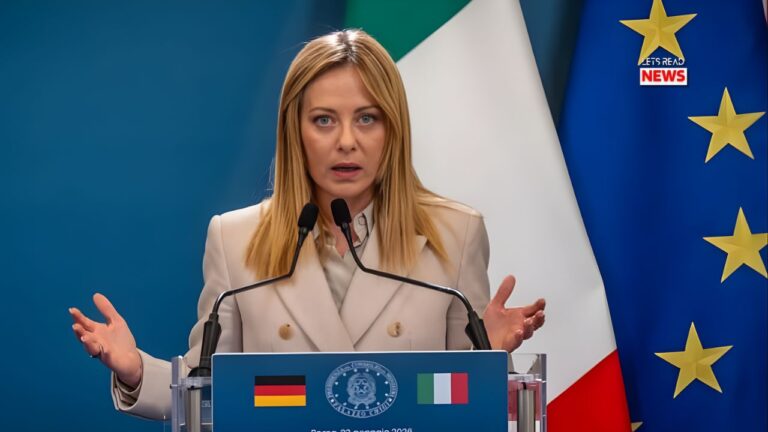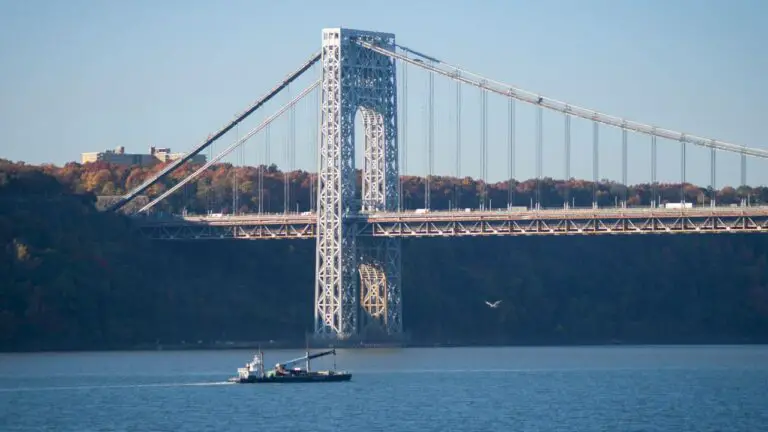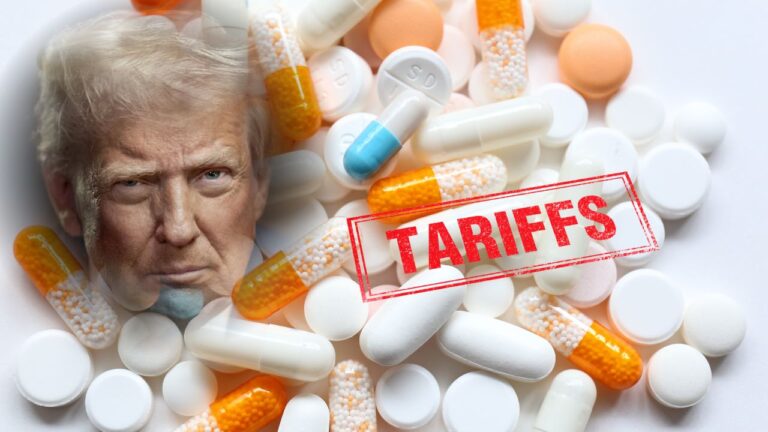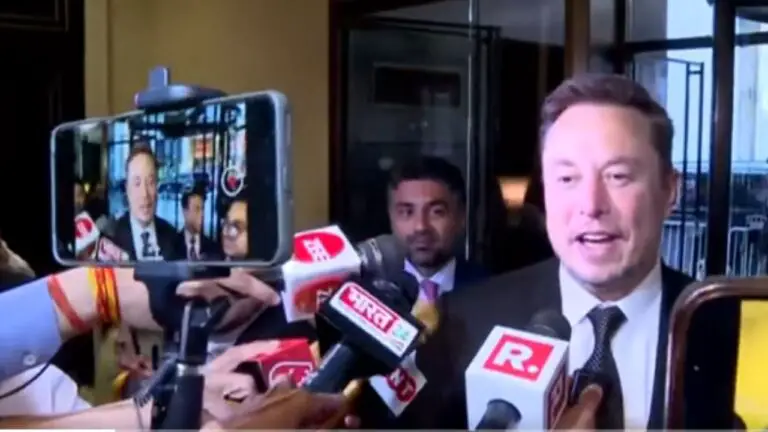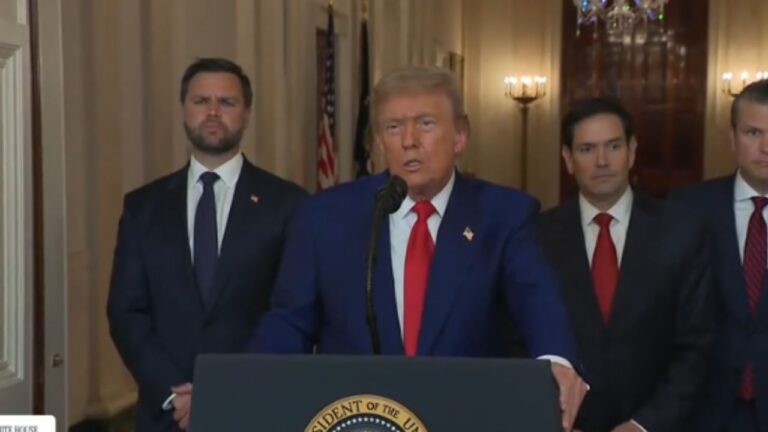The Delaware Court Ruling on Elon Musk’s 2018 Tesla Compensation Package: A Detailed Breakdown
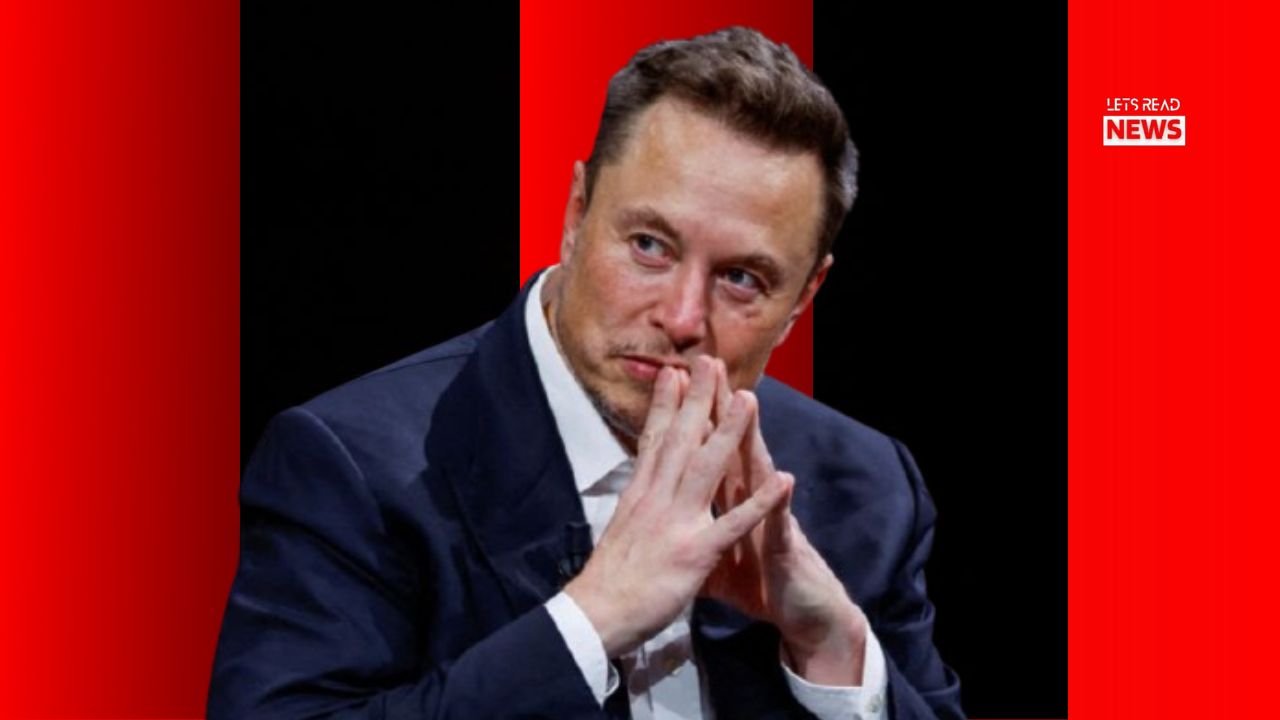
The legal battle over Elon Musk’s record-breaking 2018 compensation package from Tesla has been one of the most high-profile corporate governance cases in recent years. Known formally as Tornetta v. Musk (or more fully, Richard J. Tornetta v. Elon Musk et al.), the case originated in the Delaware Court of Chancery and centers on whether Tesla’s board breached its fiduciary duties in approving the package. As of November 20, 2025, the case is on appeal to the Delaware Supreme Court, with no final decision yet from the state’s highest court.
Here’s a clear, step-by-step explanation of the key rulings, reasoning, and current status:
1. Background: What Was the 2018 Compensation Package?
- In January 2018, Tesla’s board approved a 10-year performance-based stock option plan for CEO Elon Musk.
- It consisted of 12 tranches of options (totaling about 304 million shares, adjusted for splits), representing roughly 12% of Tesla’s shares at the time.
- Options would vest only if Tesla hit aggressive milestones:
- Market capitalization increases of $50 billion per tranche (aiming to grow from ~$50B to $650B).
- Operational goals (revenue or adjusted EBITDA targets).
- Grant-date fair value: ~$2.6 billion (per Tesla’s accounting).
- Maximum potential value (if all milestones hit): ~$55.8 billion (at 2018 prices). By achievement in 2022–2023, it ballooned to over $100 billion due to Tesla’s stock surge.
- Shareholders approved it in March 2018 with ~73% of disinterested shares in favor (Musk and his brother abstained).
- Musk receives no salary; this was framed as all-or-nothing incentive to focus on Tesla.
2. The Lawsuit (Filed 2018)
- Plaintiff: Richard J. Tornetta, a minor Tesla shareholder (owned just 9 shares).
- Claims: Breach of fiduciary duty by Musk and the board, unjust enrichment, and waste.
- Core argument: The package was excessive, the board was not independent from Musk, and the process was flawed.
3. January 30, 2024: Initial Post-Trial Ruling (Chancellor Kathaleen McCormick)
- Key Holding: The 2018 package was rescinded (canceled entirely).
- Standard of Review: “Entire Fairness” (Delaware’s strictest scrutiny), because:
- Musk was deemed a controlling shareholder with respect to his own pay (despite owning only ~22% of shares). Reasons:
- “Superstar CEO” status: Founder, CEO, Chairman; iconic figure synonymous with Tesla.
- Extensive personal/business ties to directors (e.g., long friendships, shared investments).
- Musk dominated the negotiation process.
- As a conflicted controller transaction, defendants (Musk + board) bore the burden to prove the deal was entirely fair in both process (fair dealing) and price (fair value).
- Why It Failed Entire Fairness:
- Unfair Process:
- Negotiations were “sham” — board acted more like collaborators/advisors to Musk than adversaries.
- No real bargaining; timelines were rushed at Musk’s direction.
- Directors had conflicts (e.g., personal relationships with Musk).
- Proxy statement to shareholders was misleading (e.g., falsely described some directors as independent; omitted details about process ease).
- Unfair Price:
- “Unfathomable” size — largest in public market history by orders of magnitude.
- Not necessary to retain/incentivize Musk (he testified he would stay regardless).
- Milestones were not as ambitious as claimed (some aligned with existing projections).
- Remedy: Full rescission (options canceled; Musk had to return any exercised value, though much was still unexercised).
4. June 2024: Shareholder “Ratification” Vote
- After the January ruling, Tesla (now reincorporated in Texas) put the exact same 2018 package back to shareholders for a second vote.
- ~72% of disinterested shares approved again.
- Tesla argued this “ratified” the package and cured any defects (e.g., disclosure issues).
5. December 2, 2024: Second Ruling (McCormick Again)
- Rejected the ratification attempt.
- Under Delaware law, a post-trial shareholder vote cannot cure fiduciary breaches already adjudicated by the court.
- Ratification works only pre-litigation or under strict conditions (e.g., fully informed, no prior court finding of breach).
- The 2024 proxy still had issues, and the vote couldn’t override the court’s finding that the original process was irredeemably flawed.
- Reaffirmed rescission of the 2018 package.
- Also awarded plaintiff’s lawyers ~$345 million in fees (paid by Tesla, not Musk personally) — far below their $5–7B request.
6. Current Status (as of November 20, 2025)
- Appeal to Delaware Supreme Court:
- Oral arguments heard on October 15, 2025.
- Tesla/Musk argue: Chancery Court erred in applying entire fairness; shareholder votes (both 2018 and 2024) should be respected; Musk isn’t a controller; package was fair and transformative.
- Plaintiff argues: Lower court got it right; process was deeply flawed.
- No decision yet — Delaware Supreme Court often takes months (or longer) after arguments.
- Potential outcomes:
- Uphold Chancery → 2018 package stays rescinded; Tesla may owe a massive accounting charge for any replacement pay.
- Reverse → Package restored (huge windfall for Musk).
- Remand → Back to Chancery for more fact-finding.
- Side note: In August 2025, Tesla’s board approved a replacement package (valued at ~$26B at the time) as a contingency. If the appeal fails, Tesla would expense that amount, leading to the $26B profit hit mentioned in recent reports.
Why This Matters
- Landmark case on executive pay, director independence, and “controller” status for superstar CEOs.
- Highlights Delaware’s tough scrutiny of conflicted transactions.
- Has fueled debates about Delaware as a corporate haven (Musk famously urged companies to leave after the first ruling).
In short: The lower court twice ruled the package invalid due to a flawed, Musk-dominated process and excessive size. The Delaware Supreme Court now holds the final word — a decision that could come any time and will have massive implications for Tesla, Musk, and corporate governance broadly.


